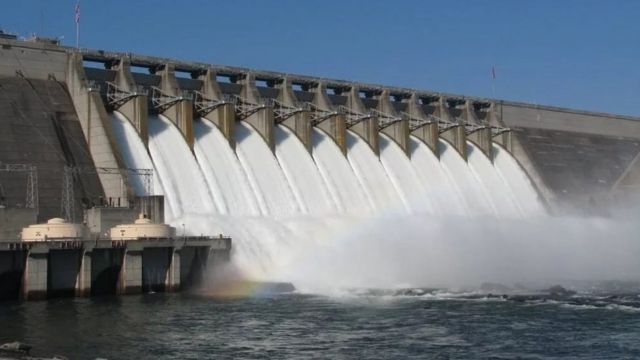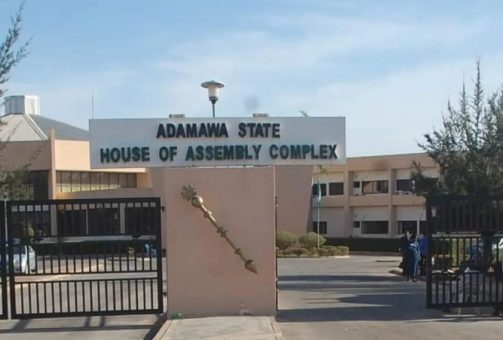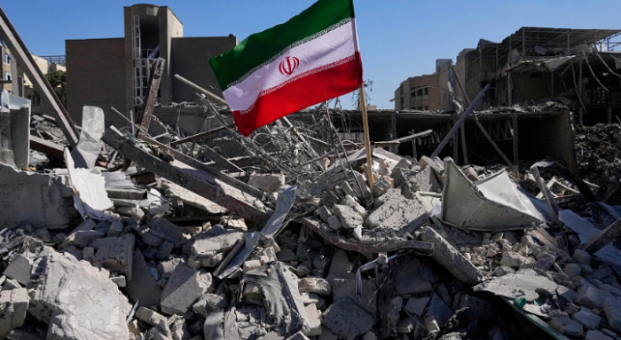
The Federal Government of Nigeria, in partnership with the World Bank, has established an ambitious target of generating 10,000 megawatts of power through its Sustainable Power and Irrigation Project for Nigeria.
This initiative aims to maximize the use of existing reservoirs for both irrigation and hydropower production while bolstering institutional frameworks for integrated water resources management within Nigeria.
Minister of Power, Adebayo Adelabu, revealed these plans during the African High-Level Roundtable on Sustainable Hydropower in the African Renewable Energy Mix of the 21st Century, convened in Abuja.
Adelabu explained, “The SPIN project seeks to unlock an additional 10GW of combined capacity from existing dams with provisions for hydro, partially completed dams with potential for hydropower, as well as greenfield projects and existing multipurpose dams that can be retrofitted.”
While acknowledging Africa’s considerable hydropower potential, he stressed the importance of responsible development, addressing environmental and social impacts alongside stakeholder engagement and innovative financing solutions.
Adelabu highlighted Nigeria’s reliance on hydropower, constituting approximately 20% of the nation’s total grid supply, with completed projects like Kainji, Jebba, Shiroro, Mabon, Zungeru, and Kashimbila contributing significantly.
Despite Nigeria’s substantial water resources and an estimated hydropower capacity of 14GW, only around 15% of this potential has been tapped, indicating vast untapped opportunities.
Adelabu underscored the government’s commitment to universal energy access by 2030, aiming for 30GW of electricity generation, with renewables contributing 30%.
He emphasized the importance of meeting Nigeria’s revised Nationally Determined Contribution, including significant reductions in greenhouse gas emissions by 2030.
Regarding Africa’s energy landscape, Adelabu expressed optimism, highlighting hydropower’s potential to address energy access gaps while combating climate change.
He cited statistics from the International Energy Agency, emphasizing the urgency of addressing energy poverty, particularly in Nigeria, where a significant portion of the population lacks access to electricity.
Overall, the minister’s remarks underscored Nigeria’s strategic focus on sustainable hydropower development to ensure reliable and affordable electricity for its citizens while advancing broader energy and climate goals.








